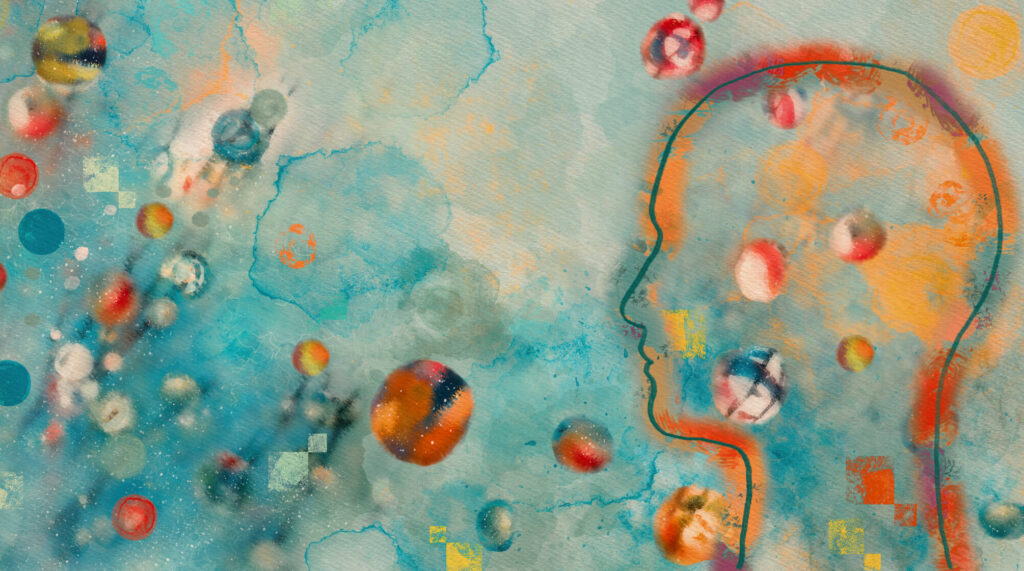When most people hear the word “grief,” they think of the death of a loved one. While this is definitely true, there are other losses that can be associated with grief. These can include divorce, the falling out of a friendship, the loss of a job, and even the loss of dreams or goals. Through my years of doing grief therapy, I have found that many people try to run away from it. People who avoid grief may tend to hyperfocus their attention somewhere else such as work, school, relationships, or by constantly busying themselves. Others may find more maladaptive ways to avoid the pain such as using outside sources to numb. While avoidance may seem like a good idea at first, grief unfortunately does not just go away on its own. What happens is that it ends up coming back even more intensely than it normally would and usually without any forewarning. By not treating grief, other disorders may also develop. These could include, long term depression, anxiety, panic, OCD, eating disorders, and other mental health disorders.
So how should one deal with grief? By walking through the 5 stages of grief and loss. These include denial, anger, bargaining, depression, and acceptance. Let’s take a closer look at each stage.
Denial — Denial is that initial feeling of shock and disbelief over the loss. People typically feel emotionally numb during this stage.
Anger — Anger is the stage where emotional pains begin. Instead of feeling sadness though, we feel the “safer” and less vulnerable emotion of anger. Anger can be directed at anyone or anything. It is very normal to feel anger towards the person who died for leaving us.
Bargaining – Bargaining is our attempt to regain control. This usually is flooded with ‘If” statements. “If I had spent more time with him, maybe he wouldn’t have left.” “If I had gotten a second medical opinion, maybe they would still be alive.” In this stage, we typically feel false guilt over things we feel like we should or could have done differently.
Sadness/Depression—Overwhelming feelings of sadness and oftentimes regret fill this stage. Most people have regrets with a loss and this is completely normal. This stage allows us to say goodbye to who or what we have lost.
Acceptance—It is at this stage that we have accepted the loss. We feel peace and calm and the ability to move forward.
There is no time table of how long one should stay in each stage or how fast one should take to reach acceptance. The fact is that with some loss, especially the death of a close loved one, we are cycling through these stages throughout life. I often tell clients that oftentime grief just doesn’t go away, but instead the pain eases because we learn how to manage it better. We can be in the acceptance stage and then something such as a song, birthday, or the holidays can trigger that anger, bargaining, and sadness all over again. The difference now is that the pain is not as intense as that very first time because we were brave enough to walk through it the first time.








